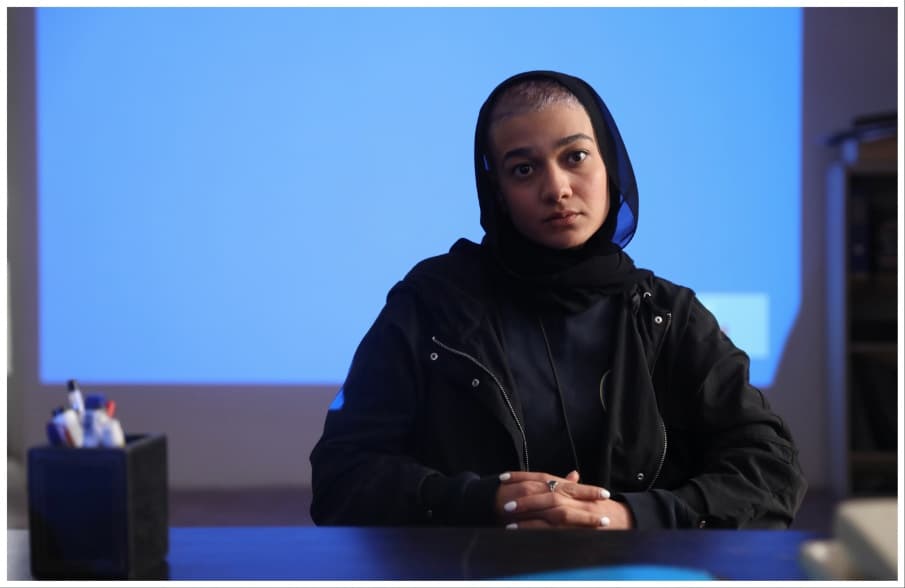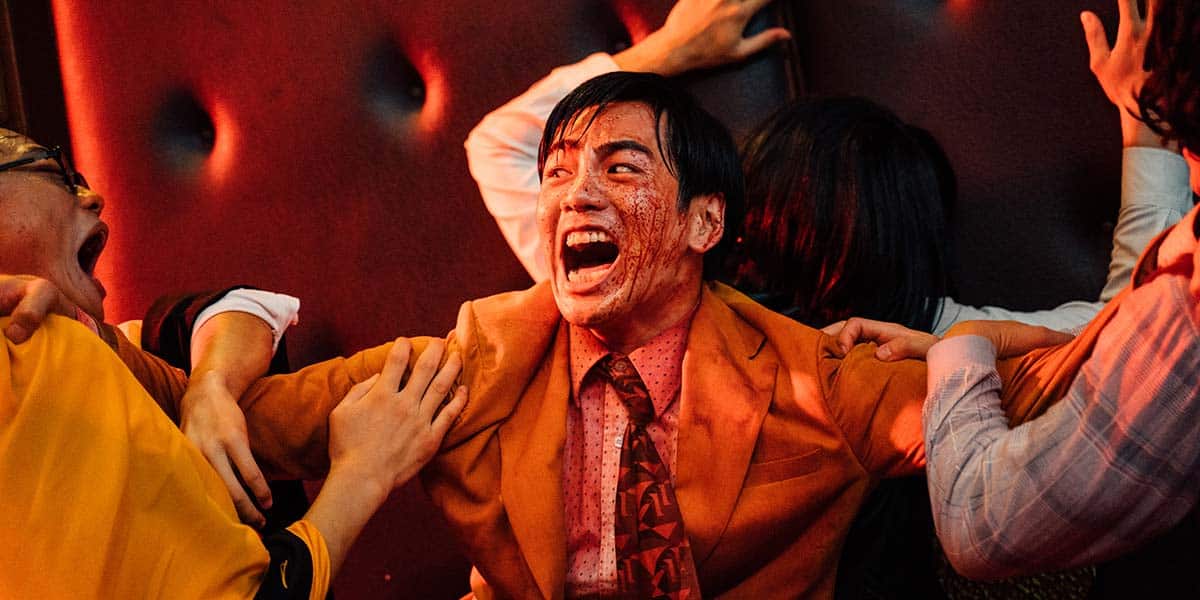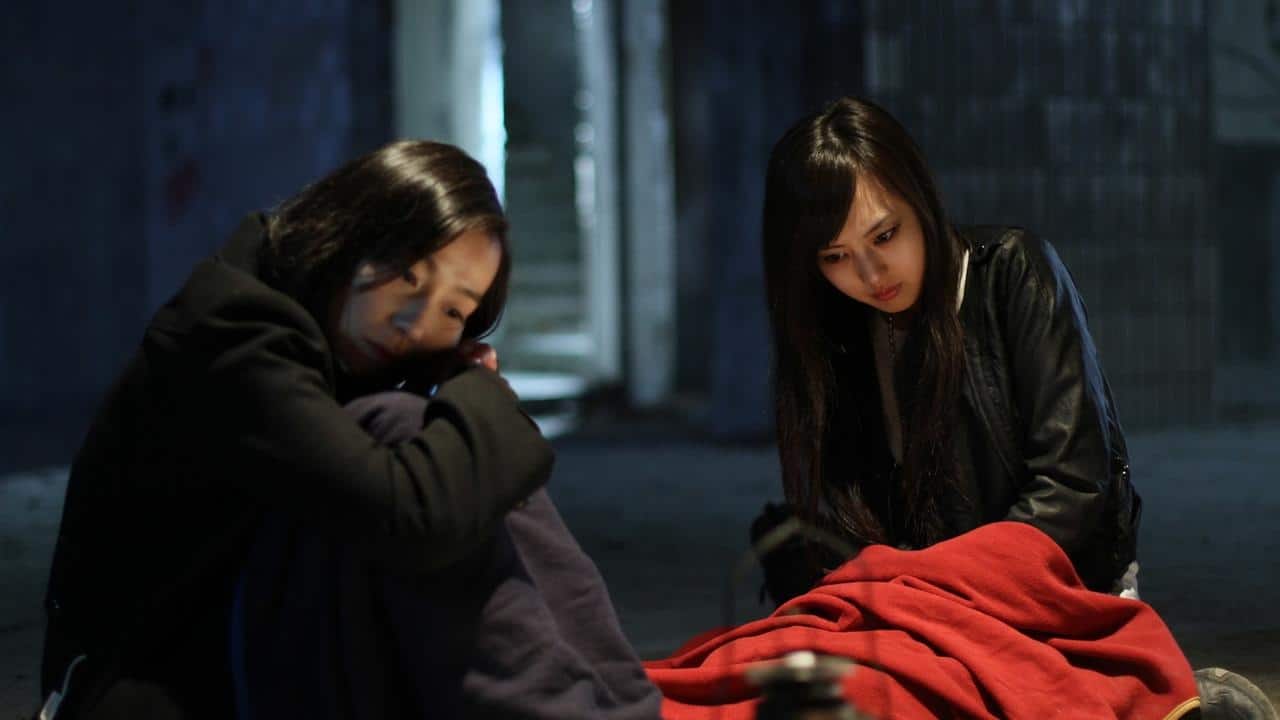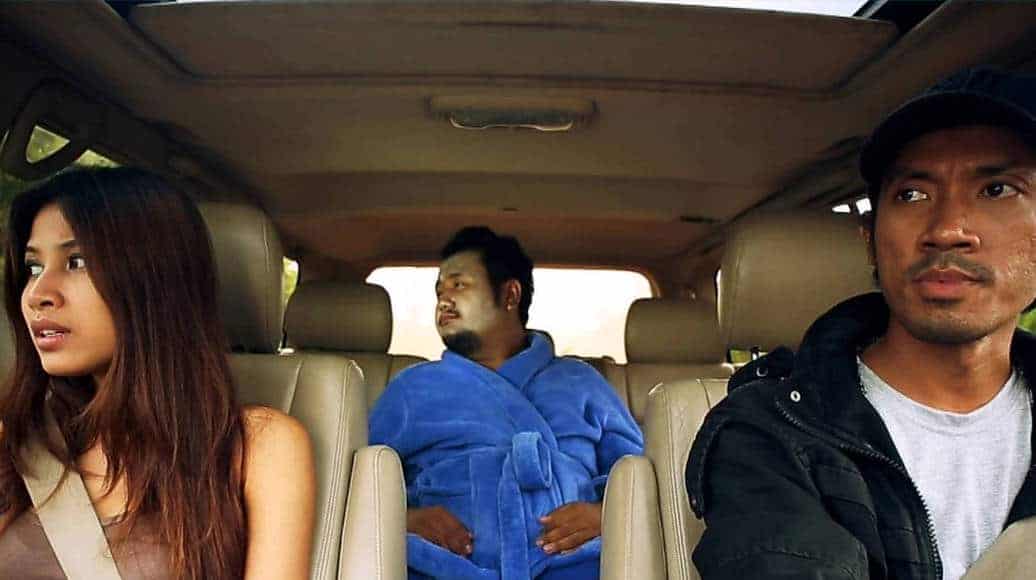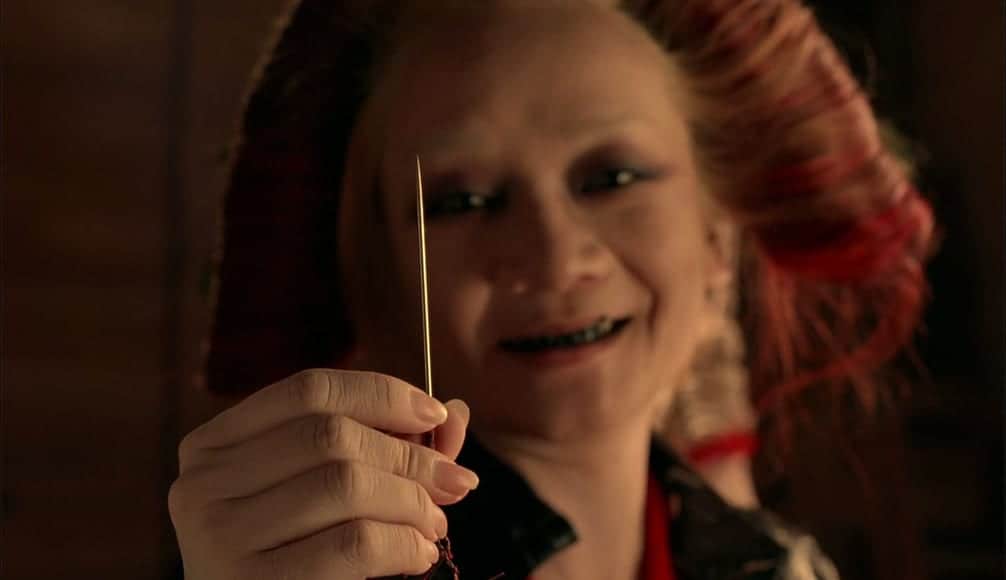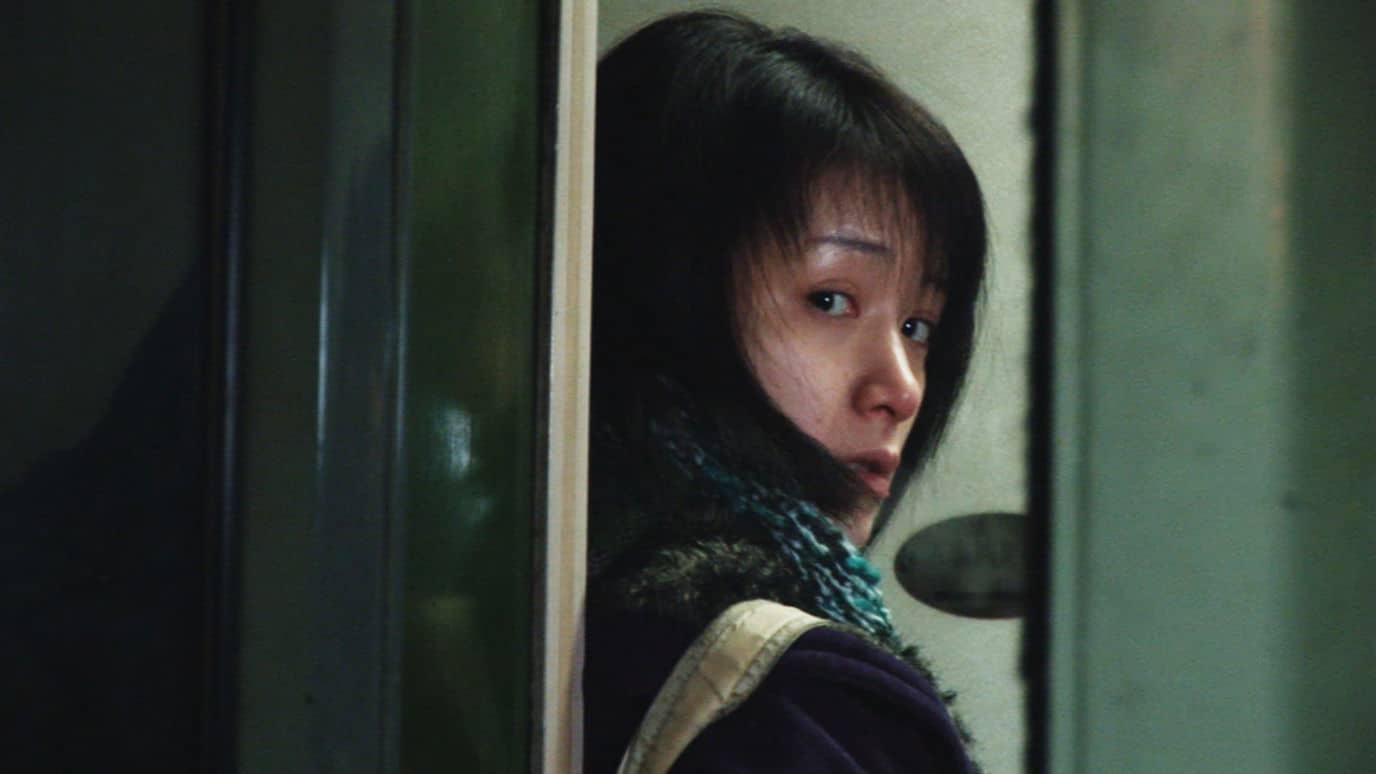Resistance can have many shapes and forms, but so does control and oppression. Oftentimes we go about our daily lives and do not notice the subtle ways with which people are being observed. Even though some of us may live in a culture supporting democratic values, there are aspects of our lives that are observed and closely controlled, and those may not be necessarily areas where we think this kind of control is needed. Standing in front of an official, trying to move into a different country (or perhaps just city) or talking to a perhaps future boss about your possible prospects in a position at his/her company could be such an episode where control and even observation become transparent. In a culture such as Iran, these two aspects are evidently omnipresent, but so are instances of resistance, which is a theme directors Ali Asgari and Alireza Khatami explore in their feature “Terrestrial Verses”, that was already screened at Cannes Film Festival 2023.
Terrestrial Verses is screening at San Diego Asian Film Festival
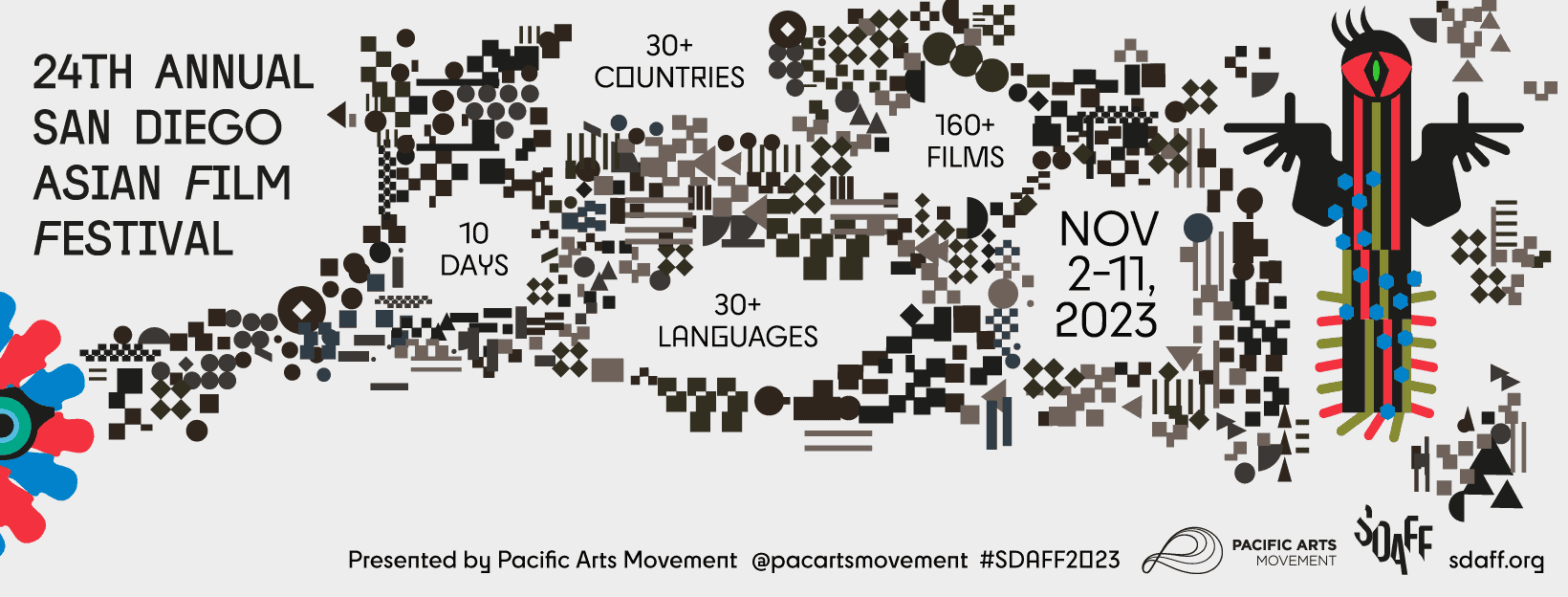
Rather than a linear narrative, the feature consists of several episodes covering one facet of the above mentioned themes. Six people stand (or sit) in front of someone, whether it is an official of the traffic department, the head of a school or their own mother, and they try to achieve different aims. While a young girl named Selena is more or less forced to try on her new school uniform, covering the girl from head to toe, a man who has recently become a father wants his son to have the name “David”, resulting in a discussion with the official in front of him, who rejects his request claiming this kind of name would promote Western values.
Check also this interview
Although the six people we meet in “Terrestrial Verses” are the centre of attention, the first moments of the feature show the city of Tehran at the brink of a new day. As the sun comes up, the skyline is covered in a grey-ish and blue colour, combined with the voices of people shouting over each other and the traffic noises. While the incidents portrayed in the various episodes may be unique for the people involved, the directors seem to suggest how these are elements of everyday-life. The viewer gets the feeling of a city full of people trying to meet deadlines and appointments, going about their business, while they are being watched and judged constantly. In the end, also the camera itself becomes a judge as we have to figure out for ourselves how we think about the short scene staged in front of us, about its occasional absurdities as well as the shades of darkness in some of them.
Overall the minimalist setup, narratively and aesthetically, compliments the first image. These people have to fight to have their voices heard, have to shout to be understood and have to delve into endless, sometimes bizarre conversations in order to defend themselves and possibly come out stronger. As a series of episodes, it should come as no surprise that some work better than others, offering a more profound insight into the machinations of power and resistance that are going on in each of the scenes. Perhaps among the most interesting ones is the one about the aforementioned young girl, and the transformation she goes through, being forced to wear a greyish long skirt, a beige headscarf and also a headband, making her look like the Virgin Mary in some theatre performance. As she waits for her mother to look away to finally get rid of the uniform and work on her dance routine one more time, we see an act of resistance that is truly admirable.
“Terrestrial Verses” may not be the most profound feature about themes such as control, oppression and resistance, but it offers some interesting insight into the absurd, irritating and exhausting encounters with authority in Iran.


